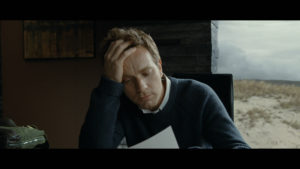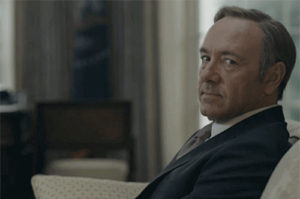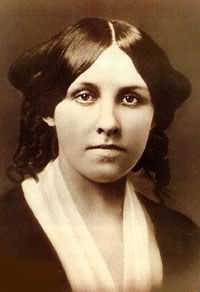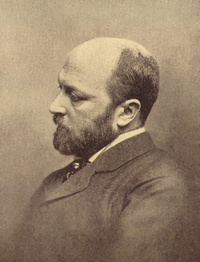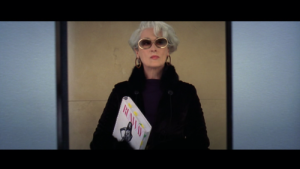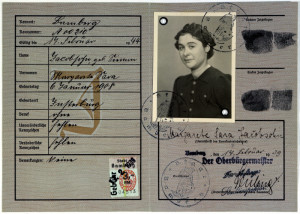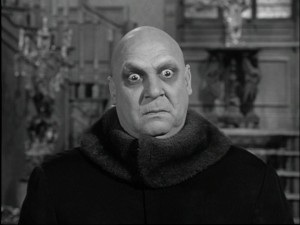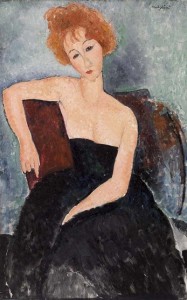Before I got my first book published, a novelist I knew quipped, “The only thing worse than not being published is being published.” I had no idea what he meant, but I soon figured it out.
Take blurbs. Begging for blurbs for your forthcoming book is a definite downside of being published. It’s humiliating to have grovel for them rather than have your publisher take care of it (when they remember!). You can feel like Dorothy menaced in Oz.
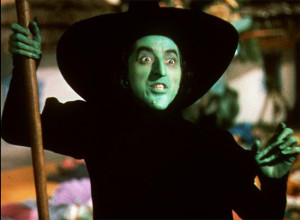 Far too many authors think blurbs will magically rocket a book to success. That the right, brilliant blurb by some famous author will impress the publisher, readers, reviewers–and of course our friends, family, and fans.
Far too many authors think blurbs will magically rocket a book to success. That the right, brilliant blurb by some famous author will impress the publisher, readers, reviewers–and of course our friends, family, and fans.
But do blurbs really make a difference in terms of sales? It’s hard to say. How can you quantify a blurb’s impact? As a reader, there are actually some authors whose names make me not want to read a book because they’re blurb whores and seem to love having their names on as many book jackets as possible.
What you can be sure of is that not getting a blurb you hope and pray for is a major buzz kill, and getting it is often like July 4th on steroids. The entire world is ablaze with joy. Someone famous, or at least someone you admire, has given you their blessing. They’ve blessed your book–won’t their fame be contagious?
Is it any wonder blurbs make us writers sometimes get a little frantic? A writer friend told me a hilarious, sad story about a new author asking a national best-selling author for a blurb. I can’t name the celebrity writer, but she’s huge.
The newbie waited and waited. No response. So the anxious author tried again. This time she got a swift and stinging reply:
“My Dear: I understood your letter to be a request, not a demand.”
I sympathized with the celebrity author feeling put upon, but I felt sorry for the writer who was embarrassed, and wished The Famous One had simply said “no” the first time.
Stories like that have made me determined never to ignore a request from an author asking for a blurb. If I can’t do it for whatever reason, I always reply. Will my blurb make a difference if I’m able to do it? I hope so, even for a little while, and that’s good enough.
Still, you never know how competent a publisher is. Once a publisher of mine in New York never got advance copies of my book out in time for blurbs and had to rely on reviews for my previous book. That wasn’t a disaster, but it was frustrating. And I recently did a blurb that the author loved, but despite her insistence, it didn’t show up on the book. The publisher, Crooked Lane, wasted my time and the author’s, which is just more proof–if anyone needed it–that publishing is a crazy business.
Lev Raphael is the author of Writer’s Guide is Bunk and 24 other books in genres from mystery to memoir which have been translated into a dozen languages. He’s done many book tours across the US, Canada, and Europe.


